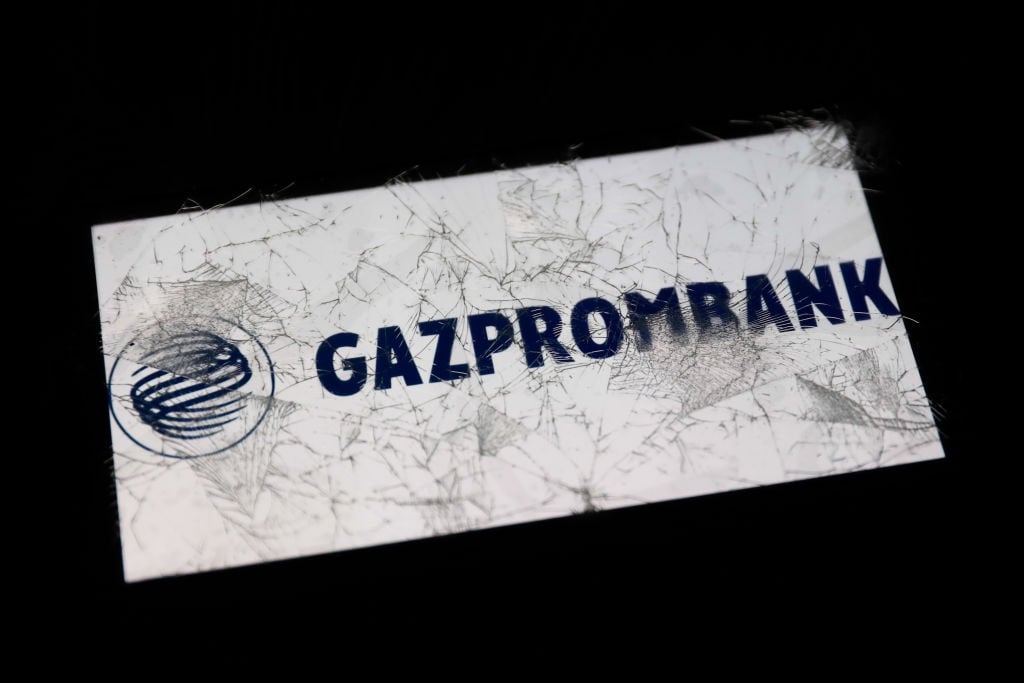As every year, South African companies dominate the rankings in our Top 250 and in the regional Southern African table. They account for 60.33% of the combined Top 250 African market capitalisation - although this is a big fall from the 67.49% recorded in our 2023 survey - and fill 31 of the 45 highest positions in the table. They also occupy all 20 places in the regional Southern African table, so we have produced two tables for the region - one with South African companies and another excluding them.
Despite the continued dominance of South African companies in our Top 250 rankings, their combined value has fallen by $76bn from last years $388bn. This is in large part, but not solely, the result of a huge decline in the value of Africas biggest company, Naspers. This decline follows the $111bn fall in the South African total recorded last year, underlining the challenges facing its economy as a whole.
Other big South African companies have also experienced declining values, including Vodacom Group, which falls from $14.3bn last year to $10.8bn in our 2024 rankings. This is in line with another telecoms provider, MTN Group, which declined from $13.5bn to $9.3bn. The value of synthetic fuel producer Sasol dropped from $15.4bn in 2022 to $8.6bn last year and is now at $5bn. The company produces fuels and chemicals from coal, making it South Africas second-largest greenhouse gas emitter and a focus for the ire of environmental activists. Demand for its chemical products is also subdued with weak market demand in Europe and China.
The trend of South African corporations as a whole losing value is highlighted by finance company Discovery taking 20th position in our Southern African table in 2023 with $5.3bn, while Sasol achieved the same ranking with $5.0bn this year.
Fluctuations in global mining commodity prices play a role but there is a fundamental weakness across the South African economy as a whole. The post-Covid boom in demand for commodities saw the value of Anglo American Platinum leap from $11.3bn in 2020 to $38.6bn the following year, but it has now come crashing down to $10.8bn. The mining industry as a whole is of huge importance to the South African economy, including exports of coal, iron ore, gold, platinum and manganese.
Production of most mining commodities is falling as a result of lower investment in mines and logistics. The industry is working with government to reverse this trend but Pretoria needs to work to rebalance the economy to promote growth in other sectors. The countrys rising automotive exports demonstrate the potential of the manufacturing sector but this success needs to be replicated in other areas.
Solid strength in the rest of Southern AfricaThe fact that South African companies dominate both the African continental and the Southern Africa regional rankings does not indicate any particular weakness among companies from other parts of Southern Africa. Indeed, more Southern African countries are represented in our Top 250 than those from any other region, with Mauritius accounting for 1.70% of the combined market capitalisation of the Top 250, up from 1.32% last year, followed by Namibia (1.15%), Malawi (0.52%), Zimbabwe (0.37%) Botswana (0.34%) and Zambia (0.26%).
The big absentees here are Angola and Mozambique. Angola not appearing is perhaps the bigger surprise, given that it is the sixth biggest economy on the continent. However, a large proportion of its wealth is bound up in the oil and gas industry, which is dominated by foreign companies and state-owned Sonangol, with relatively few large private sector companies.
Afreximbank is the biggest listed company in the region outside South Africa, with a market value of $4.3bn, up from $3.9bn last year. Although listed in Mauritius, it has a pan-African focus. Two other Mauritian companies also feature in the regional table: MCB Group takes third place with $2bn, up from last years $1.7bn; and IBL lies in 11th position with $637m.
The positions in our regional Top 20 are spread fairly evenly, with Mauritius, Namibia and Malawi taking four slots each, Zambia and Botswana three each, and Zimbabwe two. Zambias economy is built on foreign investment in the copper mining sector, so there are relatively few large private-sector companies in the country. Zimbabwes economy continues to struggle. Malawis representation is particularly impressive given the relatively small size of its economy and GDP. Its four listed companies are National Bank of Malawi, FMB Capital Holdings and Standard Bank Malawi in the finance sector, plus Illovo Sugar. Illovo is an important source of export revenue but it supplies more than 60% of its total sugar production to the domestic sector. Consumer groups have blamed its dominant position in the Malawian market for recent high prices, although it has faced competition from Salima Sugar Factory since 2016.










